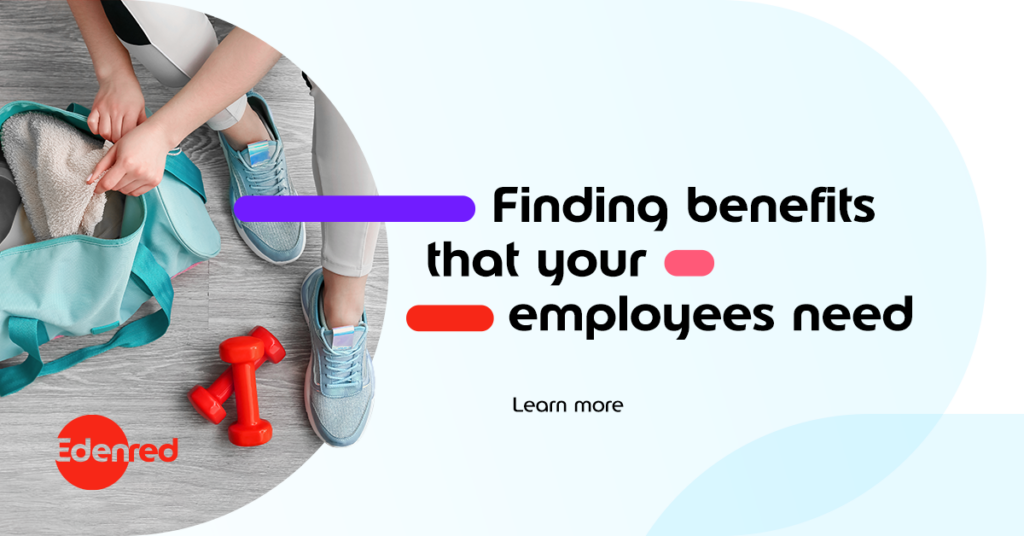Approximately 47 million Americans quit their jobs in 2021 (a phenomenon called the Great Resignation) in hopes of looking for better opportunities and benefits. In the last couple of years, the number of vacant positions in the United States has grown, creating a scenario where companies need to focus on employee retention.
How do you turn your company into a place where your current employees want to stay and attract top talent?
Offering benefits is the easiest way to improve employee satisfaction in the work environment. However, there are so many types of benefits. Which one is better for employee retention?
Here is a breakdown of the different types of benefits and the ones you offer to your employees.
Why are employees quitting?
According to a Forbes report, people are quitting their jobs because of inadequate salaries, poor-work life balance, general unhappiness with management or the company, limited career advancement, and more.
An employee retention strategy is related to the offer of a competitive salary, flexible workspace (if the job role allows it) and the investment in the team’s happiness.
The World Happiness Report found a strong correlation between job satisfaction and overall life satisfaction. The report also found that benefits such as paid time off, job security, and health insurance were important factors in determining an employee’s happiness.

Creating a happier work environment with the right benefits
Retirement benefits are also increasingly important in talent retention and acquisition. Offering 401(k) plans, pension plans, or other retirement savings options can help employees plan for their financial future, which can greatly impact their overall job satisfaction.
Education benefits are associated with the highest degrees of employee satisfaction and can also help employees advance their careers and gain new skills, making them more valuable to the company.
More benefits that improve your package
Lifestyle Spending Accounts (LSA) added into a benefits package can provide complementary purchasing power for employees and can be seen as a valuable addition to their overall compensation.
Furthermore, offering Lifestyle Spending Accounts can be an attractive addition to a benefits package and can help employees feel more financially secure.
Thus, offering the right benefits can have a significant impact on employee satisfaction and retention. By focusing on these important benefits initiatives, organizations can create a happier and more supportive work environment that can lead to improvement on job satisfaction and productivity.








